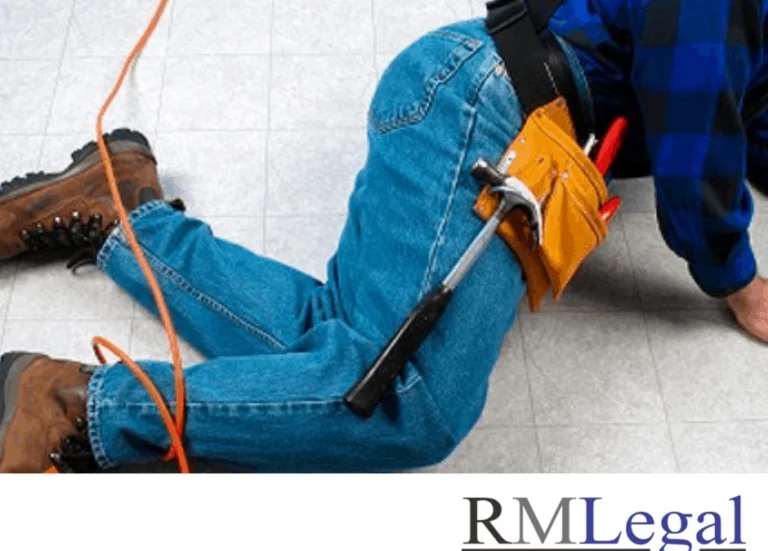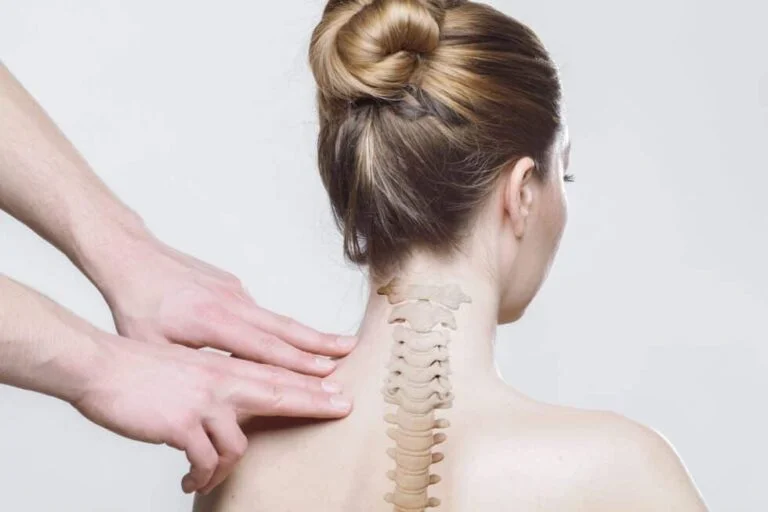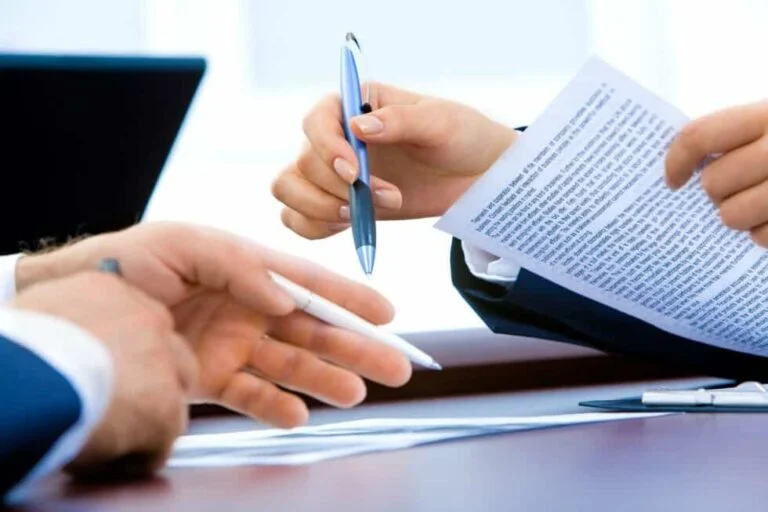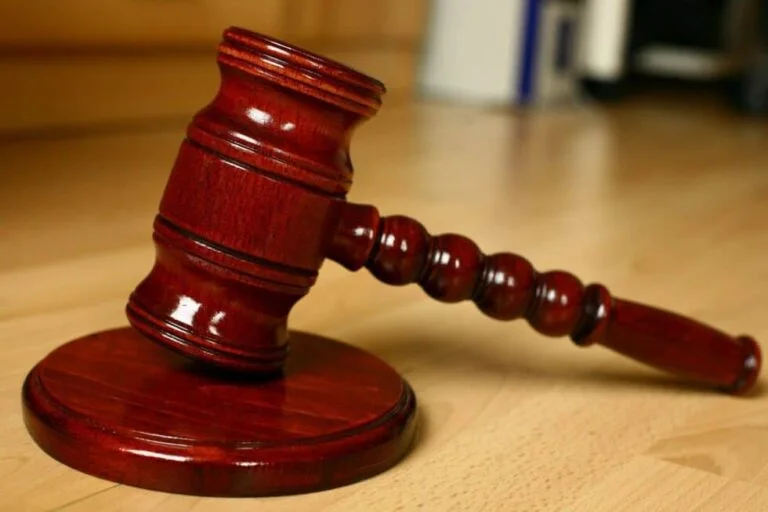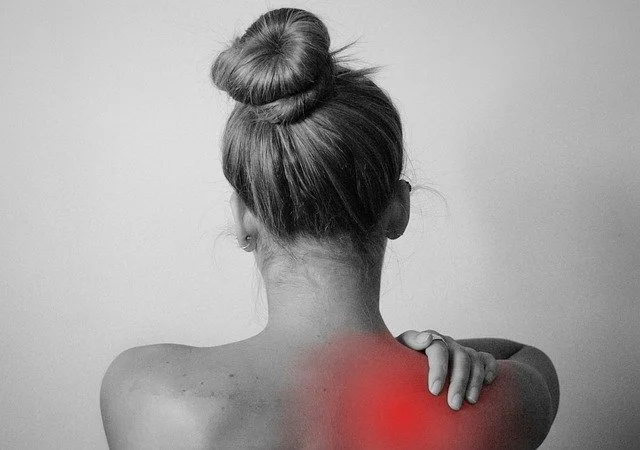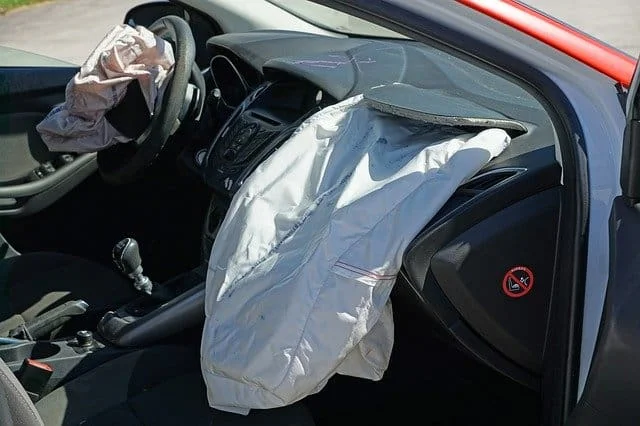What You Need to Know About Worker’s Compensation in Louisiana.
What You Need To Know About Worker’s Compensation In Louisiana. Worker’s compensation is a form of insurance and legal remedy that allows an employee that suffered a work-related injury to claim certain benefits in exchange for relinquishing their right to sue the employer for negligence. Under Louisiana state law, employers are required to have worker’s compensation insurance or would have to be approved to self-insure. And generally, an employee who is injured in the workplace, or performing their official duties on behalf of the employer, is eligible for worker’s compensation without regard to who is at fault for the injury. What Are The Elements Of A Valid Worker’s Compensation Claim In Louisiana? The injured employee does not have to prove that the employer was at fault for their injury, they need to show that the injury has occurred while performing their job; and An employee-employer relationship existed when the injury occurred. What Type Of Employees Are Covered By Worker’s Compensation In Louisiana At The Time Of Their Employment? Generally, full-time, part-time, and seasonal employees are covered by worker’s compensation when they commence their employment. Certain independent contractors or subcontractors may also be considered as employees under worker’s compensation if they are involved in certain activities, including: Pursuit of the employer’s trade, business, or occupation, or The contractor or subcontractor is performing substantial manual labor The following types of employees are exempt from worker’s compensation benefits: Domestic employees; Real estate salespersons; Officers and Directors of specific non-profit organizations and are uncompensated for their services; Public officials; and Volunteer workers. What Benefits Can Be Recovered Under A Worker’s Compensation Claim? Under the Louisiana Revised Statutes 23:1221, numerous types of disability benefits can be recovered under a worker’s compensation claim. These benefits include, but are not limited to: ¿Qué Tipo De Lesiones No Son Recuperables En Virtud De Un Reclamo De Indemnización Laboral? Temporary Total Disability Benefits Permanent Total Disability Benefits Supplemental Earnings Benefits Permanent Partial Disability Benefits Medical Expenses / Care for the Injury Indemnity Wage Benefits Vocational Rehabilitation Services Death Benefits What Type Of Injuries Are Not Recoverable Under A Worker’s Compensation Claim? However, not all injuries can be recovered in a worker’s compensation claim. Some of these claims include: Emotional Distress Mental Anguish Pain & Suffering Claims Loss of Enjoyment of Life Are There Any Time Limits In Reporting The Injury To The Employer? Yes, there is. Generally, the injured worker must report their injuries or the accident to their employer within 30 days of the injury or accident. Otherwise, the employee’s right to a worker’s compensation claim may expire. Is There Any Time Limit To Filing A Worker’s Compensation Claim? Yes, there is. Generally, the injured employee, or someone acting on their behalf, must file the appropriate worker’s compensation claim within one year of the injury or accident. However, it is essential to note that specific benefit claims have different time limits depending on whether other benefits have been paid to the injured worker. The one-year deadline may be extended in certain situations where the employer allowed the employee to work in a reduced capacity following the injury. Medical Benefits Under Louisiana law, a worker has one year from the date of the accident to file a claim for medical benefits if no medical benefits have been paid. However, if an employee has been paid medical benefits, they have three years from the last payment date to file their claim for additional medical treatment benefits. Lost Wage Benefits For lost wage benefits, otherwise known as indemnity, the injured worker generally has one year from the date of the injury or accident to file a claim for this type of benefit. Temporary Total Disability (TTD) / Permanent Partial Disability (PPD) / Permanent Total Disability (PTD) Benefits Suppose the injured employee has been paid any benefit, including medical or indemnity. In that case, they have one year from the date of the last payment of the benefit to seek additional benefits for either a Temporary Total Disability (TTD) or Permanent Partial Disability (PPD) or Permanent Total Disability (PTD) Benefits. However, if the injured worker has not been paid any benefits, then the injured worker has one year from the date of the injury or accident to file a claim for these types of benefits. Supplemental Earnings Benefits Time restrictions for filing supplemental earning benefits can be a little tricky. If there are no previous lost wages benefits that have been paid to the injured worker, then they have one year from the date of the accident or injury to file their claim. However, if the injured worker has received either a PPD or TTD or PTD, or any other forms of lost wage benefits, then they have one year from the date of the last payment to file for supplemental earning benefits. This time can also be extended if the employer accommodated the worker’s injury by allowing them to work in a reduced capacity. Suppose the injured worker has been previously paid a supplemental earning benefit (SEB). In that case, they have two years from the last payment date to file for additional SEB benefits, provided that they had not received SEB benefits for 13 consecutive weeks during the two-year period. Failure to take legal action before the time limits mentioned above renders the employee ineligible to make a further legal claim for worker’s compensation benefit for that specific work-related injury or accident. However, it is important to note that time limits in filing a worker’s compensation claim do not apply to a minor child or a mentally incompetent person unless a curator has been appointed for the minor child or mentally incompetent injured worker. Specifically, a parent or guardian that is authorized to act on behalf of the minor child or incompetent worker or lives with them is not automatically assumed to be the curator. Rather, a parent or guardian must be formally appointed as the minor child or incompetent worker’s curator for the time limit to apply. Getting

